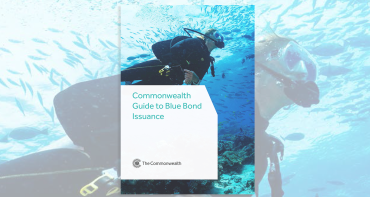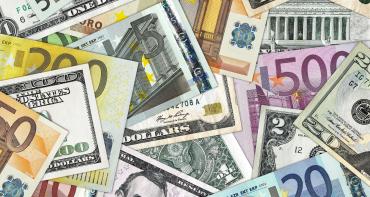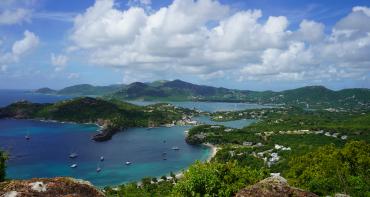New research published today by the Commonwealth Secretariat calls for “fundamental changes” to the way the world’s oceans, seas and coastal areas are managed.

New research published today by the Commonwealth Secretariat calls for “fundamental changes” to the way the world’s oceans, seas and coastal areas are managed.
The research recommends countries embrace new marine-based sectors such as aquaculture, biotechnology and ocean-based renewable energy, while urging governments to improve the way they operate to ensure the survival of global fishing, maritime transport and coastal tourism.
Commonwealth Secretary-General Patricia Scotland said: “As the world begins to face up to climate change and the vulnerability of small and developing countries to natural disasters and financial crises, it is critical that we recognise the lifeline offered by the oceans, which are a source of food security and economic prosperity.
“Challenges such as global warming, over-fishing and environmental mismanagement threaten a resource which, if managed sustainably, could be a source of immense opportunity. With this new research series, we are advancing the fundamental and practical changes in policy that we believe any government with maritime territory should pursue.”
Renewable energy from the oceans needs to be culturally compatible: Commonwealth Secretariat https://t.co/t5bvNwOKYk pic.twitter.com/98JWFSJJ70
— RA Pacific Beat (@RAPacificBeat) October 7, 2016
Recommendations from the new five-volume Commonwealth Blue Economy Series include:
- Establishing a marine renewable roadmap for offshore wind and tidal and wave energy in a way that builds indigenous skills and capitalises on local knowledge
- Supporting the biotechnology sector with the sustainable harvesting of algae and marine microbes for pharmaceuticals and other industries
- Improving the health of fisheries to avoid overexploitation, habitat damage, waste and pollution through a blue economy fisheries strategy
- Supporting the aquaculture industry, including crustaceans and aquatic plants, by developing domestic markets as well as niche eco-labelled products
The Commonwealth Secretariat is a pioneer of the ‘blue economy’ concept which, derived from the so-called green economy, advocates for the sustainable exploitation of the natural capital emanating from the world’s oceans, seas and coastal areas.
The research series was created as a product of technical assistance provided by the Commonwealth Secretariat to the Government of Seychelles, which created a ‘Blue Economy Roadmap’ to support the growth of ocean-based industries.
“Change can only be realised through strong leadership,” says Commonwealth Deputy Secretary-General Deodat Maharaj, writing in the series foreword. “Nowhere is this truer than for the ocean, a resource perceived to be everyone’s right but no one’s responsibility. Creating the political will to implement all elements of a blue economy strategy is a key theme in the assistance and advice the Commonwealth provides to countries.”
Notes to Editors
For nearly three decades the Commonwealth Secretariat has provided advice to countries to help them exercise their rights under international law. We have provided legal and technical support to more than 30 countries and contributed to the establishment of maritime zones across Africa, the Caribbean and the Pacific. Commonwealth member countries have successfully obtained more than 1.8 million square kilometres of seabed with our assistance – with more still to be claimed at the United Nations.
The Commonwealth Secretariat is leading the way in helping member countries unlock the value of the blue economy by promoting ocean governance. For example, our ground-breaking work includes developing high-value marine sector jobs in Seychelles, supporting Vanuatu on blue carbon and climate regulations, and helping St Vincent and the Grenadines and the Bahamas create national ocean policies.
The global ocean economy is valued at around US$1.5 trillion per annum, contributing approximately 2–3 percent to the world’s gross domestic product, according to a study by the Organisation for Economic Co-operation and Development (OECD 2016). Globally, approximately 350 million jobs are linked to the oceans through fishing, aquaculture, coastal and marine tourism and research activities.
A report published by the World Bank in association with the Commonwealth Secretariat, Toward a Blue Economy: A Promise for Sustainable Growth in the Caribbean, estimated that Caribbean waters generated US$407 billion in 2012 alone.



